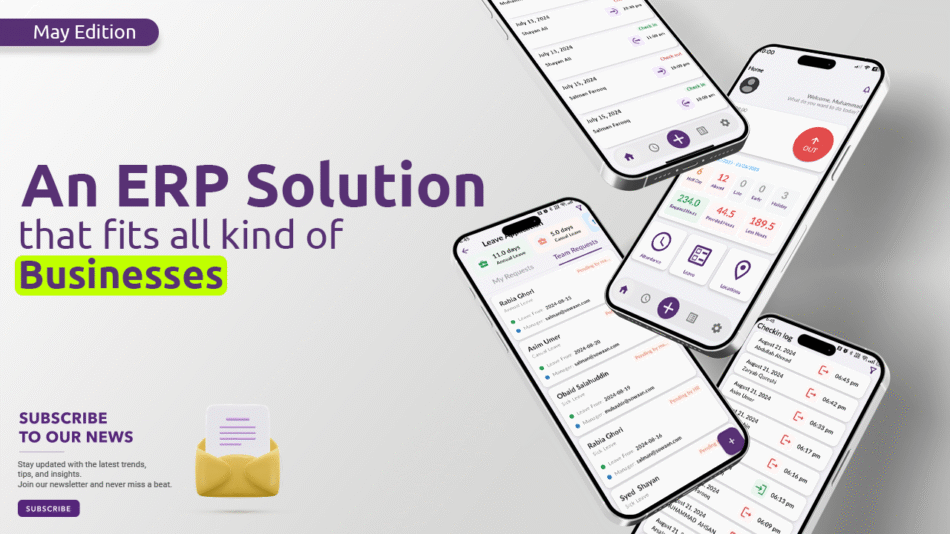In today’s dynamic business environment, the best erp software saudi arabia can be described as the backbone of complete operation management for various organizations worldwide. However, as businesses expand and change, so do their needs for faster processing of data, more users supported, and new functions added. Flexibility is an essential factor that can help ERP systems adapt to these changes and do so without creating problems. By implementing an ERP with scalability in mind, the efficiency of business increases, and over time, the costs spent further make ERP more applicable to provide a smoother and more sustainable business model.
Vertical Scalability in ERP Systems
Vertical scalability, or scaling “up,” refers to improving the capacity of a single server by increasing the number of CPUs, RAM, or storage. This straightforward approach can be a viable solution to address higher loads of less commoditized ERP systems. Database optimization is also essential as indexing, caching, and fine-tuning the structure of the underlying database can positively impact response time, hence the quality of the delivered results. Furthermore, code optimization is also a significant factor; optimizing the codes of the application means that it can handle more load.
Horizontal Scalability for High-Performance ERP
For organizations that need a broader ERP setup, greater scope, or a more significant need for horizontal scaling or ‘scaling out,’ it can be more advantageous in the long run. This strategy seeks to create additional servers or instances to spread the workload over a network. Load balancing is part and parcel of horizontal scaling. It distributes user requests across different servers, so no single server impedes the entire system. Database sharing, in which databases are split between different servers, is used to manage big data and distributed data load. At the same time, a micro services architecture provides individual scalability of various ERP functions and even greater flexibility within the system.
Scaling ERP in the Cloud
With cloud-based ERP systems, a new approach to flexibility and scalability is introduced by the availability of more flexible resources that can be easily adjusted. Currently, with services in cloud solutions such as AWS, Azure, and Google Cloud, organizations can expand or contract depending on present demands without requiring concrete foundations. The public cloud is cheaper, while the private cloud has better security measures to offer businesses when it comes to server hosting.
Database Scaling Techniques
The scalability of the databases is crucial to cater to ERP system growth. One way to improve system performance and have backup copies of the database is through database replication, wherein multiple copies of a database are created. The decisions can be extended to partitioning or splitting the database into small sub-sections that allow faster and more effective querying. Another strategy, in-memory databases, is equally fast since it caches data into RAM instead of a disk for high-speed performance. It is, however, particularly beneficial where ERPs have data operations-intense functions like real-time analysis.
ERP Systems Security Concerns Related to Scalability
The accounting software in Saudi arabia also have to be scaled, and scaling ERP systems requires robust security arrangements. There is more probability of data violation when the amount of data is large, so data protection becomes inevitable. Measures requiring access control and authentication must be enhanced to protect user and firm user’s data. For scalability, ERPs must consider compliance as they grow to have legal and industry standards regarding data privacy. This means that as scalability increases the chances of getting exposed to threats, security must be paramount to prevent such occurrences.
Conclusion
ERP systems should be scalable to manage business growth and transformation and incorporate new processes. As mentioned in previous sections, productivity and efficiency of ERP systems are not issues regarding vertical and horizontal scaling, transitioning to the cloud, database optimization, and application performance. It is ideal for companies to assess the signs themselves and seek professional advice from ERP specialists to determine the best strategies to ensure that they achieve the set objectives that will cater to corporate needs, hence creating the right platform for corporate growth and success.








